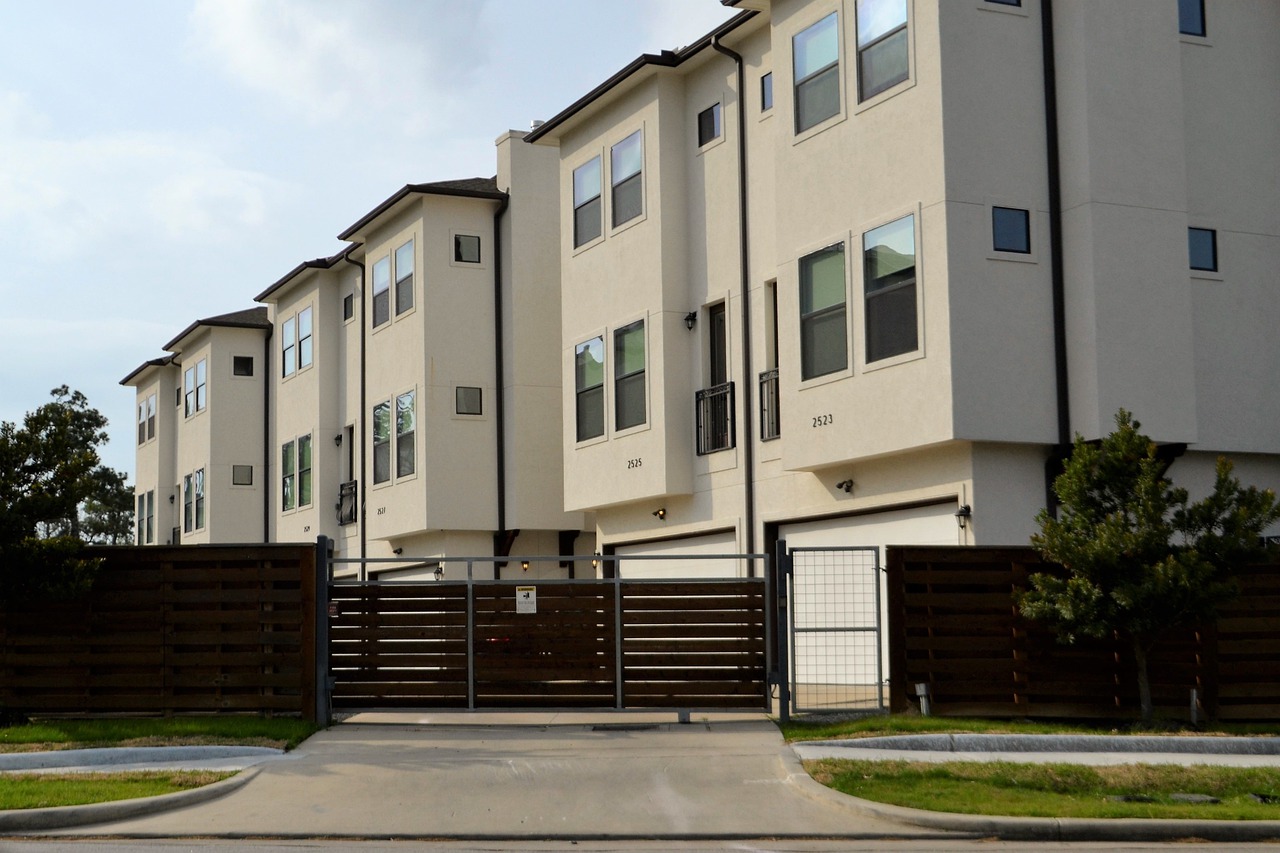Is buying a rental property in Canada great for passive income?

If you’re looking to start generating some passive income by investing in rental properties, there are a few things you need to know before getting started. In this article, we’ll outline a few things you need to consider to start buying rental properties in Canada for passive income.
Why buy a rental property?
If you’re looking to invest in real estate, buying a rental property is a great way to generate passive income. Here are five reasons why you should consider investing in a rental property in Canada:
-
Although we are currently in a downturn, the Canadian housing market is historically stable compared to other markets (ex: US) and has seen consistent growth over the past few years. This makes it a great time to invest in a rental property.
-
A rental property can provide you with a steady stream of income, which can help offset the costs of owning and maintaining the property.
-
By owning a rental property, you’ll be able to take advantage of the many tax benefits that are available to real estate investors in Canada.
-
Investing in a rental property can be a great way to build long-term wealth and financial security.
-
Rental properties can appreciate in value over time, providing you with a solid return on your investment.
Define your goals: cash flow vs. equity growth
When it comes to real estate investing, there are two main schools of thought: cash flow and equity growth. Each has its own merits, and which one you choose will depend on your goals as an investor.
If your goal is to generate passive income, then cash flow is the way to go. This means investing in properties that will provide you with a regular rental income, covering all your expenses and then some. The key here is to find properties that are affordable and in good state (no surprise expensive repairs - hopefully), so you can minimize your costs and maximize your returns.
If your goal is to build equity, then you’ll want to focus on properties that have the potential to appreciate in value over time. This could mean investing in fixer-uppers that you can renovate and sell for a profit, or holding onto properties for the long term and ride the wave of rising prices.
Of course, the Goldilocks zone is when you can find a property that can give you both good cashflow and equity growth. But, this is not always possible so you’ll have to choose one way or the other.
Consider your finances: mortgage options and affordability
When it comes to real estate investing in Canada, there are a number of things to consider. One of the most important is your financial situation and what type of mortgage will best suit your needs.
There are a number of different mortgage options available in Canada, and it’s important to compare them in order to find the one that best suits your financial situation. Make sure to consider factors such as interest rates, repayment terms, and any prepayment penalties before making your final decision.
Once you’ve chosen the right mortgage for you, it’s important to make sure that you can afford the payments. Consider your current income and expenses, as well as any future changes that could impact your ability to make payments. It’s also a good idea to create a budget so that you can track your progress and ensure that you’re staying on track.

Using private loans to purchase your rental properties
In Canada, real estate investing is a popular way to build wealth. Many people use private loans to purchase rental properties. Private lending is a process where individuals lend money to investment property buyers.
There are many benefits to using private loans to finance your rental properties. Private lenders tend to be more flexible than banks when it comes to loan terms and conditions. Also, once you’ve established a good relationship with a private lender, you’ll typically have financing readily available whenever you find new rental property deals.
There are some risks associated with private lending, but these can be mitigated by doing your homework and working with a reputable lender. If you are considering using private loans to finance your rental properties, be sure to shop around for the best rates and terms.
Do your research: location, type of property, and potential tenants
When it comes to real estate investing, due diligence is key. Whether you’re looking to invest in a rental property or a fix-and-flip, it’s important to do your research on the location, type of property, and potential tenants.
If you’re looking to invest in a rental property, for instance, you’ll want to consider the demographics of the area you’re looking at. What kind of tenants are you hoping to attract? Families? Young professionals? Students? Knowing who your target market is will help you zero in on the right location.
You’ll also need to consider the market conditions in the province (and town) you’re planning to buy your property. Are vacancy rates high or low? What is the average rent for a similar property? These are just some of the factors that you’ll need to take into account.
The type of property you choose is also important. A house may be more expensive to maintain than an apartment building, but it will also likely fetch a higher rent. And if you’re looking at properties that need some work, be sure to factor in the cost of repairs and renovations into your budget.
Take the plunge: making an offer and becoming a landlord
Thinking about becoming a landlord? It’s a big decision, but it can be a great way to earn passive income. Here’s what you need to know about making an offer on a property and becoming a landlord in Canada.
It’s important to do your research before making an offer on a property. You’ll need to have a good understanding of the local market and what rent prices are like in the area. Once you’ve found a property that you’re interested in, make sure to get a home inspection done before making an offer.
Once you’ve made an offer on the property and it’s been accepted, you’ll need to start thinking about how you’re going to manage the property. You’ll need to decide if you’re going to self-manage or hire a professional property management company.
Another important consideration is whether you want to rent the property out long-term or short-term. Long-term leases tend to be more stable, but short-term leases can be more profitable.
Finally, you will need to find tenants who are willing to pay the rent on time and take good care of the property. Screening potential tenants carefully is crucial to being a successful landlord.
Conclusion
In conclusion, purchasing rental properties is a great way to generate passive income. By following the tips outlined in this article, you can be on your way to becoming a successful real estate investor. Just remember to do your research, consult with experts, and have a solid plan in place before making any big decisions. With a little patience and hard work, you can achieve your financial goals and build a bright future for yourself and your family. Best of luck!
RECENT POSTS